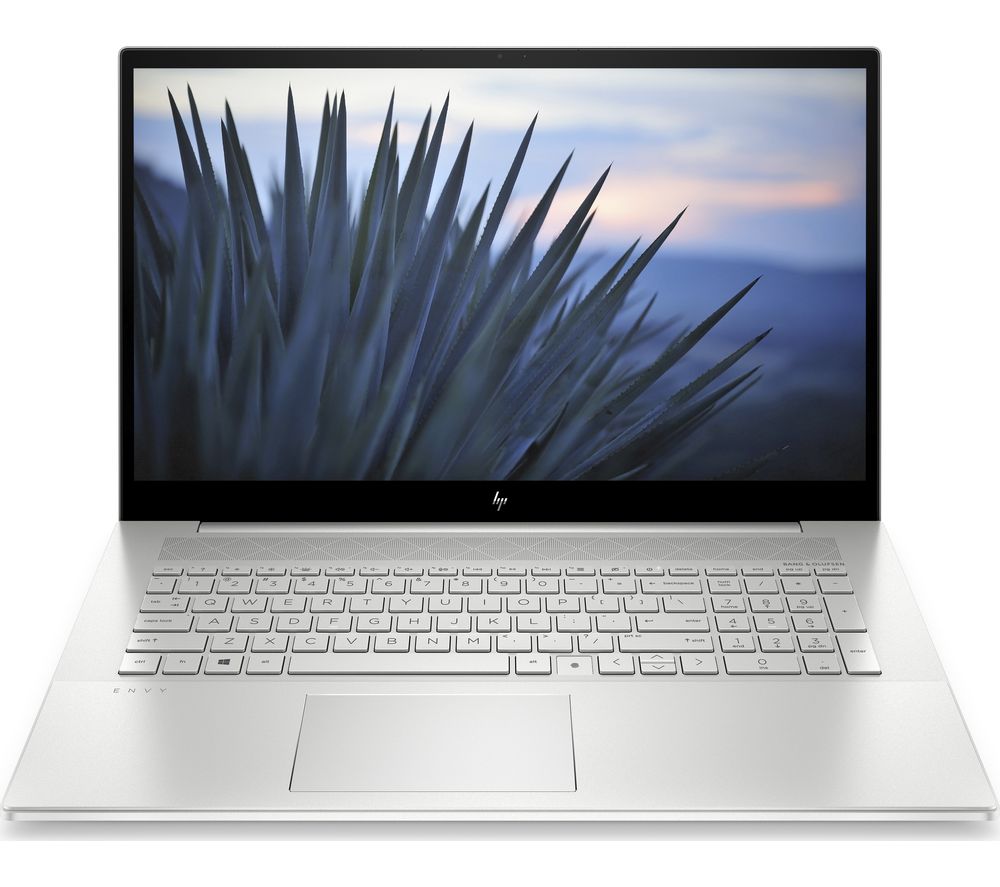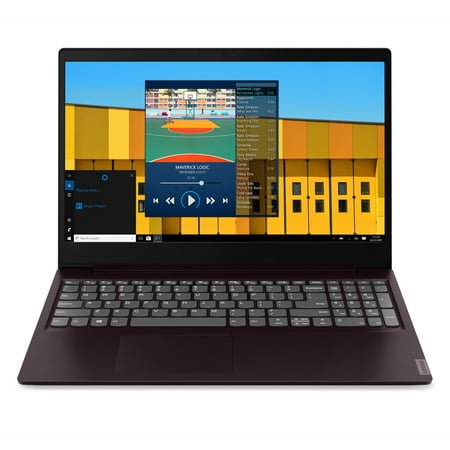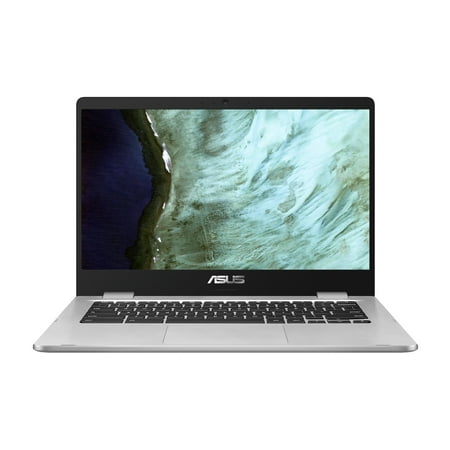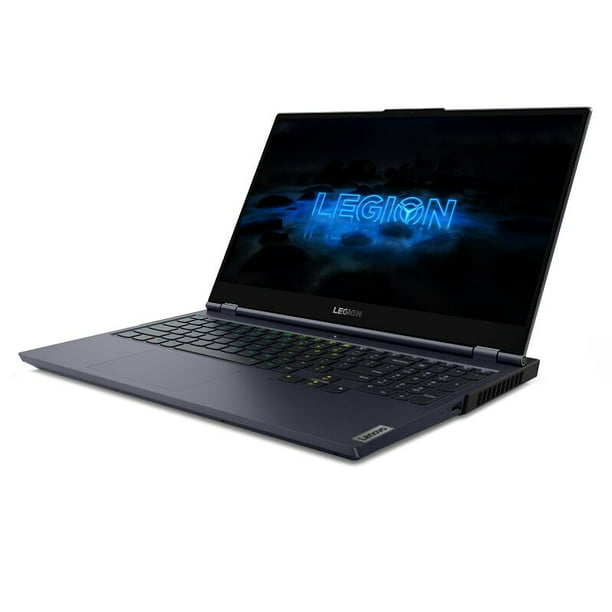HP ENVY 17-cg0511sa 17.3” Intel® Core™ i7 Laptop – 1 TB HDD & 256 GB SSD, Silver
Windows 10. Intel® Core™ i7-1065G7 Processor. RAM: 16 GB / Storage: 1 TB HDD & 256 GB SSD. Full HD touchscreen. Battery life: Up to 6 hours.
10th gen processing power
Whether you’re editing a vlog for your channel or putting the finishing touches to a big project, the HP ENVY 17-cg0511sa can handle it. Powered by a 10th gen Intel® Core™ i7 processor, you can run hefty software and multitask without slowing down.
Edge to edge touchscreen
Reading an article or scrolling through your news feed has never been easier. The HP ENVY features a gorgeous 17.3” touchscreen, that lets you tap and swipe as easy as your smartphone.
From games to movies, everything looks vivid and detailed on the Full HD display.
Store all your files
Don’t worry about running out of storage space. The ENVY 17-cg0511sa has a 1 TB hard disk drive, offering more than enough room for a library of movies and games. There’s also a 256 GB SSD, delivering faster start-up times and quicker loading of software.
Privacy matters
The HP ENVY 17-cg0511sa is designed with your privacy in mind. There’s no need to cover the webcam in tape whenever you’re not using it. The Privacy Camera Kill Switch turns off the camera when you’re done Skyping your friends.
You are your own password with the fingerprint reader. With nothing to forget, seamlessly login with a touch.
Microsoft Office & internet security
If you use Word or PowerPoint all the time at work or school, you’ll probably want it on your laptop at home. Click on the Bundles tab above for a great deal on Microsoft Office. Want to protect yourself against viruses? We’ve got you covered with deals on internet security too.
Additional information
| Box contents | – HP Envy 17-cg0511sa 17.3" Laptop |
|---|---|
| Dimensions | 19 x 259 x 399 mm (H x W x D) |
| Weight | 2.73 kg |
| Manufacturer’s guarantee | 1 year |
| Software | * Full version of Microsoft Office not included – Microsoft Office 365 (1 month trial) |






by Bethan
I needed a new laptop to help fuel my sims addiction, my Mac just wasn’t cutting it anymore. I opted for this as the screen size was so big as well as the 1TB, for the price was really good. I’m so impressed with the graphics on it, the touchscreen works well but I don’t personally use it much. While running games the fans are fairly quiet which is something I worried about so am glad they are quiet. The download speeds were also really impressive, I’m no tech person but I did read the specs before buying and noted there is a function/something built in that increases wifi. It obviously does the job as my wifi had always been shocking but when downloading my games I was astounded at how fast they downloaded compared to normal. The keys feel nice to touch they’re not clunky, and unlike other reviews the backlighting doesn’t bother me. Really great laptop for what I need it for
by John
The screen is vast! Processor speed and graphics speed. Touch Screen.
by Makeena
This is a great product. It looks great and the performance is smooth and efficient.
by Sharmeena
Excellent touchscreen performance. Screen resolution on point. Beautiful slick design.
by Julie
It’s slim, sleek, and looks stylish and the touchscreen is good.